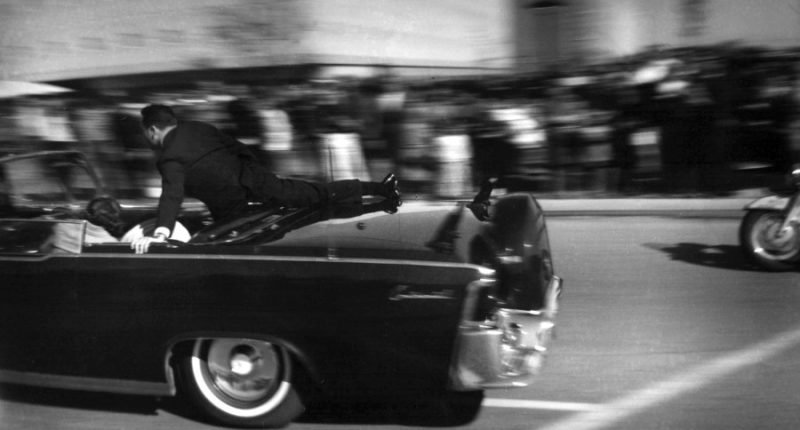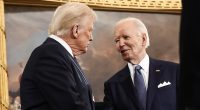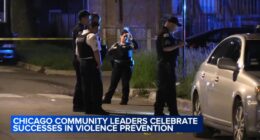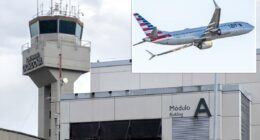Share this @internewscast.com

() The House Task Force on the Declassification of Federal Secrets held a hearing Tuesday afternoon on the assassination of President John F. Kennedy.
Witnesses at the hearing included Dr. Don Curtis, who was one of the first to treat Kennedy at Parkland Memorial Hospital in Dallas, Texas; Dan Hardway, former staff member on the Select Committee on Assassinations; Judge John Tunheim, former head of the Assassinations Records Review Board; Douglas Horne, former staff member of the Assassinations Records Review Board; Abraham Bolden, a former U.S. Secret Service agent who has alleged misconduct in the agency’s protection of Kennedy; and Alexis Coe, a presidential historian.
In opening statements, Curtis recounted his experience when the president was first taken into the emergency room and the treatment he received. A dental surgeon, Curtis said he was called in to care for the president because of a shortage of staff and emphasized that he was trained to perform the procedures that he did on the president.
Hardway and Tunheim both spoke about what they called efforts to obstruct investigations into the assassination by the CIA. Tunheim detailed multiple files that have never been released or reviewed, including an incomplete KGB file on Lee Harvey Oswald and missing files on Jack Ruby.
Horne also detailed missing pieces of evidence. He said there is expert testimony that suggests photos held by the National Archives aren’t accurate depictions of what they purport to document.
Coe, the minority witness, pushed back at the language used by the committee, including the use of the term “obstruction.” She also criticized the released files for including unredacted Social Security numbers of living people and pointed to the fact that the released files did not provide meaningful support for any conspiracies.
The task force pledged to hold hearings on the JFK files when it was formed, initially stating it would call those who were present at Kennedy’s autopsy as witnesses. As all those who were present during the autopsy have died, that would not be possible.
The assassination of John F. Kennedy
Earlier in the year, President Donald Trump ordered the release of JFK files held by the National Archives, none of which provided a smoking gun that would prove the conspiracies circulating since Kennedy’s death.
Kennedy’s assassination in 1963 has been the subject of conspiracies for decades. The president was shot twice while riding in an open-top motorcade in Dallas, Texas, and was pronounced dead shortly after being taken to Parkland Memorial Hospital.
Lee Harvey Oswald was apprehended and accused of shooting Kennedy from the Texas School Book Depository. Oswald was then shot and killed by Jack Ruby as he was being moved by police.
JFK conspiracies
Numerous conspiracy theories have emerged about Kennedy’s death, with many raising doubts about the number and location of shooters, suggesting that Oswald did not act alone or was set up as a patsy. In particular, conspiracy theorists believe the fatal shot came from the grassy knoll near the Plaza, not the book depository.
Those who believe the official narrative is not accurate have alleged the involvement of the CIA, the Mafia, the FBI, the U.S. military, Cuban leader Fidel Castro and varying combinations of the above.
One major question has to do with the “magic bullet theory,” which questions findings that the same bullet that struck Kennedy in the throat also hit Texas Gov. John Connally in the shoulder. Many conspiracies have questioned if that trajectory were possible.
Conspiracies have been fed by failures during Kennedy’s autopsy, including the disappearance of X-rays, photographs and Kennedy’s brain, which had been removed for further examination.
Other things that have fueled conspiracies are the Zapruder film, recorded by Abraham Zapruder at Dealey Plaza and containing a view of the assassination, as well as allegations from other witnesses that authorities confiscated film or photographs taken that day.
The new files released in 2025 did not offer any confirmation of those conspiracies but did reveal that the CIA was aware of Oswald prior to the assassination and had monitored him. That has led some to suggest the agency failed to properly assess Oswald as a threat and treat him accordingly.










